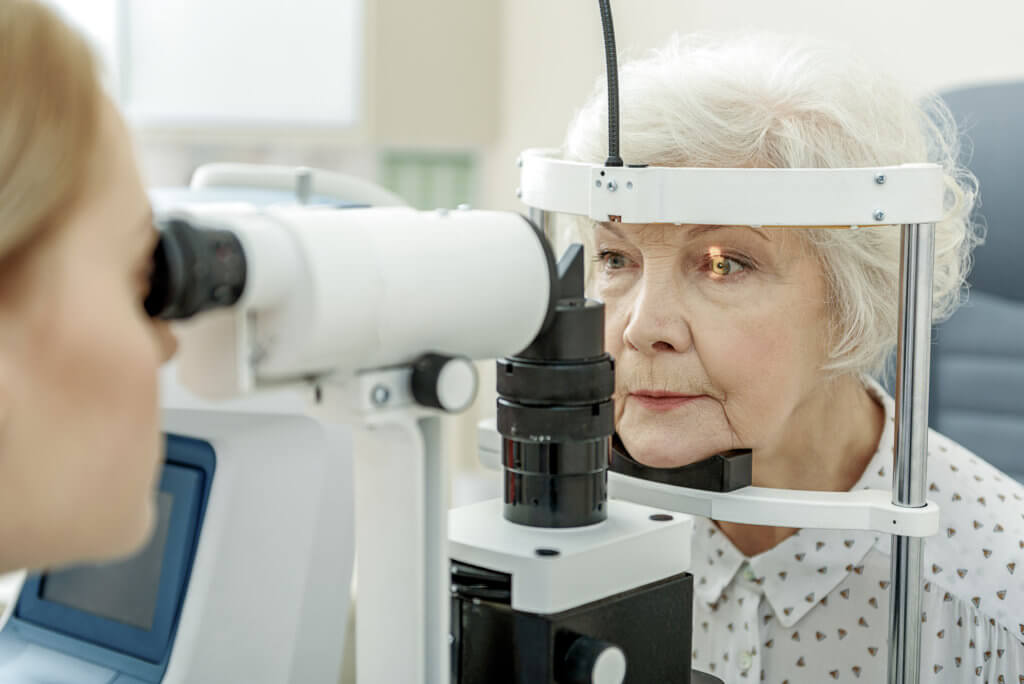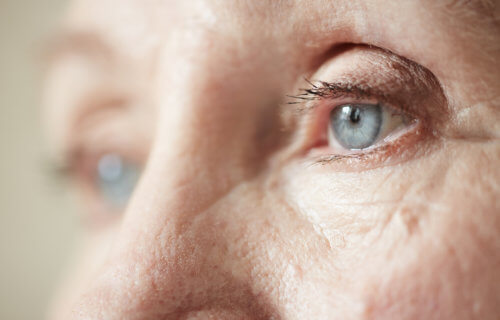GOTHENBURG, Sweden — Glaucoma, a common eye disease that damages the optic nerve and reduces the field of vision for those affected, often goes unnoticed until it’s too late. Imagine a rope slowly fraying. That’s what glaucoma does to the optic nerve in our eyes. If left untreated, glaucoma could lead to blindness. Now, a new study finds half of older adults may be living with a disease they don’t know they have.
Researchers from the University of Gothenburg examined 1,203 70-year-old patients, with 560 also seeing eye specialists at Sahlgrenska University Hospital. Their findings were surprising. Nearly five percent of patients were diagnosed with glaucoma, and even more surprisingly, half didn’t know they had the eye disease.
“So half of those who turned out to have glaucoma were diagnosed because they took part in the study,” remarks Lena Havstam Johansson, the leading researcher behind the study, in a media release.

While this discovery might sound alarming, there is still hope. The same investigation led to new diagnoses, with many patients now using daily eye drops that help lower eye pressure and slow down nerve damage. Regarding the quality of life among people with glaucoma, many patients were similar compared to those without the condition, but with some key exceptions.
“It’s harder to climb stairs, see curbs in the evening, and notice things in your peripheral vision. This means that people with glaucoma may avoid visiting others or going to restaurants and parties and instead stay home,” explains Johansson.
Diving deeper into the research, it’s a part of the renowned H70 study in Gothenburg. This study has examined the health of older individuals in Gothenburg for half a century. Those with glaucoma also shared a common thread — they often had a family member with the same diagnosis.
In conclusion, glaucoma’s stealthy nature can be deceiving. A healthy eye can often compensate for the loss of vision in the early stages, which is why many don’t even realize there’s a problem. However, knowledge is power. We can keep this silent threat at bay with awareness, timely checks, and proper care.
The results are published in the journal Acta Ophthalmologica.
You might also be interested in:
- New glaucoma test is 15 times more likely to detect high-risk patients
- Blue-light glasses likely do nothing to improve eye health or sleep quality
- Dry eyes can increase the risk of vision loss from cornea injuries

